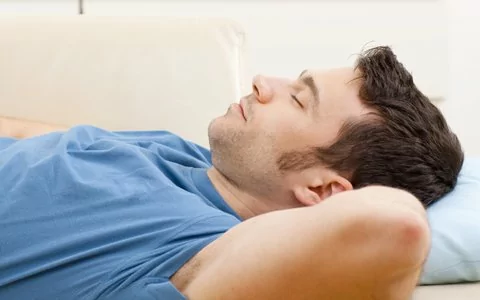Sleep apnea is a condition that affects millions of people worldwide, and it can be especially challenging to manage if you have severe sleep apnea. If you’ve been diagnosed with severe sleep apnea, you may find it difficult to use traditional treatment methods like Continuous Positive Airway Pressure (CPAP) machines and dental appliances. Fortunately, some advanced treatment solutions can help manage your condition and help you get the sleep you need. In this post, we’ll explore some of the leading solutions for severe sleep apnea treatment and for more information call Houston Sleep Solutions in Friendswood and Pearland, TX.
1. BiPAP Machines:
For individuals with severe sleep apnea, traditional CPAP machines might not be effective enough. In this case, BiPAP machines can be used to deliver air pressure in two different levels, one for inhalation and another for exhalation. These machines are especially effective for individuals who have trouble exhaling against the pressure of a CPAP machine.
2. Adaptive Servo-Ventilation Device:
Adaptive Servo-Ventilation (ASV) is a type of noninvasive ventilation that applies pressure to help the person breathe. This therapy is usually recommended for patients with central sleep apnea, a specific sleep condition that messes with the body’s breathing process. ASV devices are frequently used in combination with a CPAP system.
3. Airway Stimulation Therapy:
Airway Stimulation Therapy (ATS) is a new treatment method approved by the US Food and Drug Administration for treating severe sleep apnea. It is ideal for people who find it challenging to breathe with a CPAP machine or those who dislike sleeping with a dental device. Instead of a machine or device, ATS relies on a small electronic device implanted under the skin to stimulate the airway muscles via mild electrical impulses.
4. Maxillofacial Surgery:
As a last resort, some people consider maxillofacial surgery, which involves adjusting the jaw and breathing pathway. The surgery aims to increase airway space by moving jaw bones or soft tissues away from the airway. It is only performed when all other treatment options have failed to provide relief from severe sleep apnea.
5. Nasal Decongestant Sprays:
Some people might need a little help opening up their nasal passages throughout the night. Nasal decongestant sprays can work wonders for these types of individuals. They typically work by narrowing the blood vessels around the nasal passage’s lining, effectively reducing congestion.
If you have severe sleep apnea, don’t worry, there are various treatment options available that can help manage your condition. Some are traditional methods like BiPAP machines and CPAP devices, while others involve more advanced procedures like maxillofacial surgery and airway stimulation therapy. It’s important to work with your dentist and healthcare providers to find the solution that works best for you. With the right treatment, you can reduce the symptoms of sleep apnea and finally get the good night’s rest you deserve.

